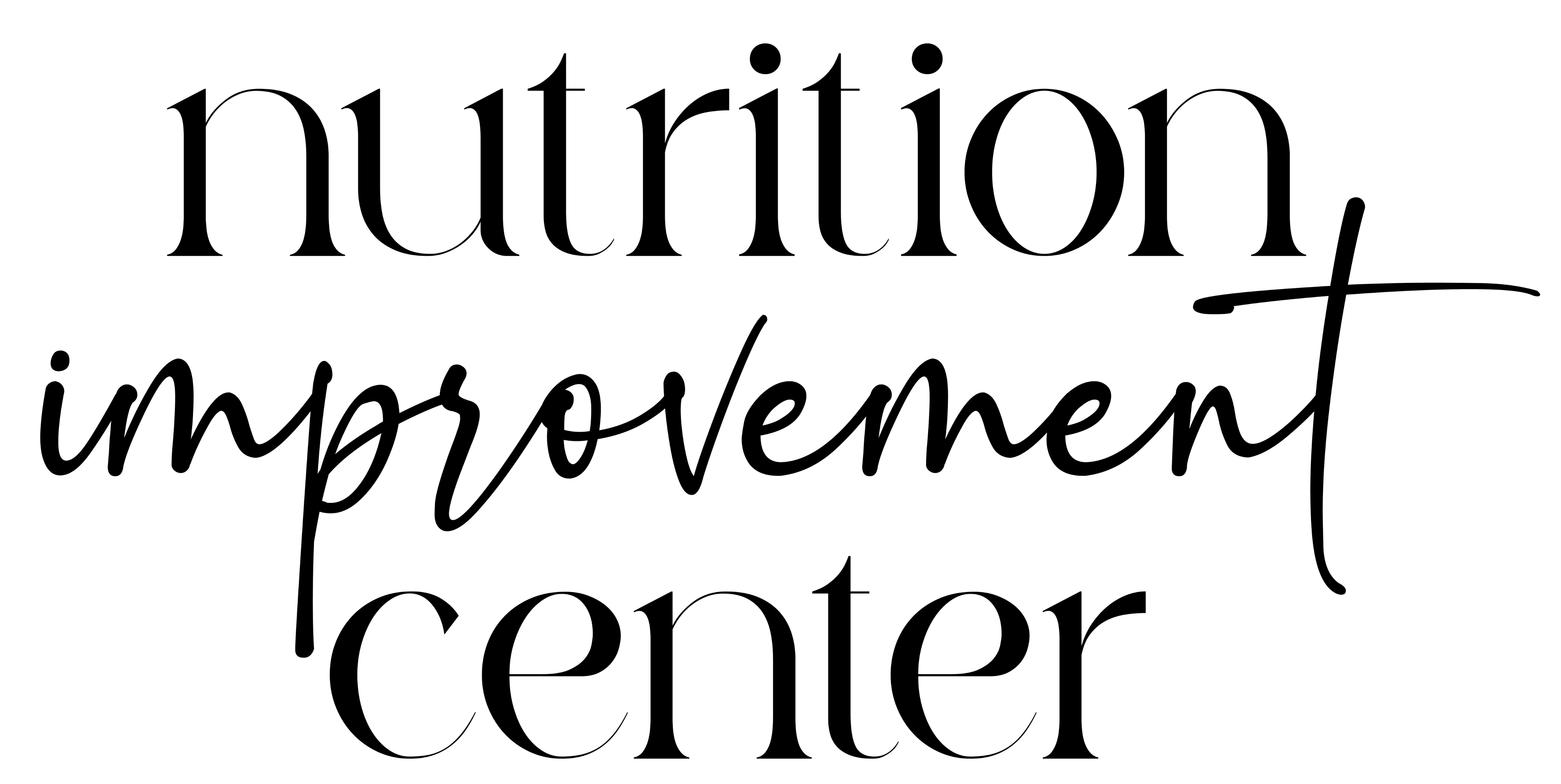Giving The Brain The Fuel It Needs
July 10, 2021 – Iris Epstein
Your brand new 2019 car has finally arrived. It’s sparkling in the sun. It looks so chic against the landscape around it. You smile and head to turn on the car so you can go on your first drive. You press on the start button, put your foot on the pedal and you realize you’re out of gas. Your brand new 2019 car is out of fuel and unable to function.
The human brain needs fuel. Nutrition plays a role in the development of the brain throughout a person’s lifespan. The brain needs energy and nutrients in order to function properly. Malnutrition at any stage in life can cause damage to the brain, including attention and cognition deficits, depression, and anxiety. Malnutrition can also cause a decrease in brain volume, the number of neurons, synapse, dendrites and reactive zones. These materials are important in cellular communication which controls behavior, emotional and mental status. Any damage to this area can lead to impaired school performance and social/emotional development.
In order to heal a brain that has been malnourished, re-energizing and refueling the brain will help restore the brain to the ultimate function. Aside from consuming energy and fuel which the brain does need to survive; there are specific nutrient requirements that will help heal the brain. These include protein, carbohydrates, fluids, fiber, vitamins and minerals. Providing the right amount of calories will ensure the body is getting the right amount of energy and fuel it needs to feel good and function.
What is the connection between what we put into our bodies and our brain? Recent studies show that what how we eat and what enters out GI tract (gut) affect brain health. There are millions of nerves and neurons from the gut to the brain and because of this, anything produced or that enters the GI tract can also affect the brain. The gut can sometimes be referred to as the “second brain”, because it shares tissues and can produce many similar chemical messages like the brain does. When one is nervous or excited and may experience “butterflies” in the stomach, one has experienced a “gut-brain connection”.
This connection is crucial and it is important to keep the GI tract a happy gut so that it can continue to produce what is needed for the body and brain to function. Much of the serotonin in the body is produced from the GI tract, and friendly bacteria are important so that they can produce what is needed for the brain. When the GI tract is damaged due to lack of nourishment, stress or unfriendly bacteria’s, this situation causes the gut to less likely produce enough serotonin and instead the unfriendly bacteria can produce chemicals that are over stimulating for the brain leading to possible anxiety or depression.
There are foods that enter the GI tract that have shown to be beneficial to health. Fiber and probiotics both positively affect GI health which is then connected to brain health and has shown improvement. Some of the important foods that are specifically important for the gut-brain axis include omega 3 fats, fermented foods, high fiber foods polyphenol rich foods and tryptophan rich foods. Omega 3 fats are found in oily fish which can increase good bacteria in the GI tract and reduce risk of brain disorders. Fermented foods like yogurt, sauerkraut and cheese have good microbes (lactic acid bacteria) and have been shown to change brain activity. Fiber such as whole grains, nuts, fruits and vegetables all have prebiotic fibers that are good for the gut bacteria. Prebiotics can reduce stress hormones. Polyphenol rich foods like tea, olive oil and coffee contain polyphenols which are plant chemicals that add to the healthy gut bacteria and may help with cognition. Tryptophan rich foods such as turkey, eggs and cheese, is an amino acid that is converted into the neurotransmitter serotonin.
Glucose in the form of sugar is the primary source of fuel for all cells in the human body. Glucose is an energy source for the brain. The brain has many nerve cells and is an organ that is energy demanding that uses about half the sugar energy in the body. Brain functions such as thinking, memory, and learning are related to glucose levels and the fuel level in the brain. When there is not enough glucose in the brain, the brain chemical messengers (neurotransmitters) are not produced and communication between the neurons is lost. Loss of energy in the brain is linked to poor attention and cognitive function. When the brain regains the energy it needs, normal function can slowly be restored.
Serotonin is a chemical messenger in the brain and is also very important for brain function. It is known to act as a mood stabilizer. Studies have shown that serotonin can affect mood and behavior and is commonly related to the way we feel and live. Serotonin is synthesized from the amino acid (protein) tryptophan. During a stage of malnutrition the body is often low in protein and the amino acid tryptophan. Tryptophan depletion is commonly related to mood disorders, anxiety and depression. A diet rich in the amino acid tryptophan can help increase Serotonin levels in the brain. Serotonin itself is not found in foods but tryptophan is. Tryptophan by itself may not be able to reach the brain and boost serotonin, but with the help of carbohydrates it can. Mixing high tryptophan foods with carbs can make a Serotonin boost. Carbohydrates itself does not have tryptophan, but they cause the body to release more insulin. When insulin is secreted it decreases the plasma levels of natural amino acids that would normally compete with tryptophan for transport across the blood-brain barrier. This results in higher levels of serotonin in the brain, which we know can be beneficial. This provides that a balanced diet can boost Serotonin levels which is important for the brain and can affect behavior.
References:
- Mergenthal, P, Lindauer, U., Deinel, G.A., Andreas, M. (2013, August 20). Sugar for the brain: the role of glucose in physiological and pathological brain function. Retrieved from https://www.ncbi.nlm.nih.gov/pmc/articles/PMC3900881/
- Harvard medical school, Sugar and the brain, Department of neurobiology. Retrieved from http://neuro.hms.harvard.edu/harvard-mahoney-neuroscience-institute/brain-newsletter/and-brain-series/sugar-and-brain
- Komaroff, A. L., Harvard health publishing, Harvard medical school, The gut brain connection, pay attention to your gut-brain connection – it may contribute to your anxiety and digestion problems. Retrieved from https://www.health.harvard.edu/diseases-and-conditions/the-gut-brain-connection.
- John Hopkins medicine, Healthy aging, the gut brain connection, retrieved from https://www.hopkinsmedicine.org/health/healthy_aging/healthy_body/the-brain-gut-connection
- Robertson, R. (2018, June 27). The Gut-Brain Connection: How it Works and The Role of Nutrition. Retrieved from https://www.healthline.com/nutrition/gut-brain-connection
- Jenkins, T. A., Nguyen, J. C.D., Bertrand, P. P, Polgaze, K. E. (2016, January 20). Influence of Tryptophan and Serotonin on Mood and Cognition with a Possible Role of the Gut-Brain Axis retrieved from https://www.ncbi.nlm.nih.gov/pmc/articles/PMC4728667/
- McQuillan, S. (2018, November 18). The Gut Brain Connection: How Gut Health Affects Mental Health retrieved from https://www.psycom.net/the-gut-brain-connection.
- Selhub, E. (2015, November 16). Nutritional psychiatry: your brain on food retrieved from https://www.health.harvard.edu/blog/nutritional-psychiatry-your-brain-on-food-201511168626

